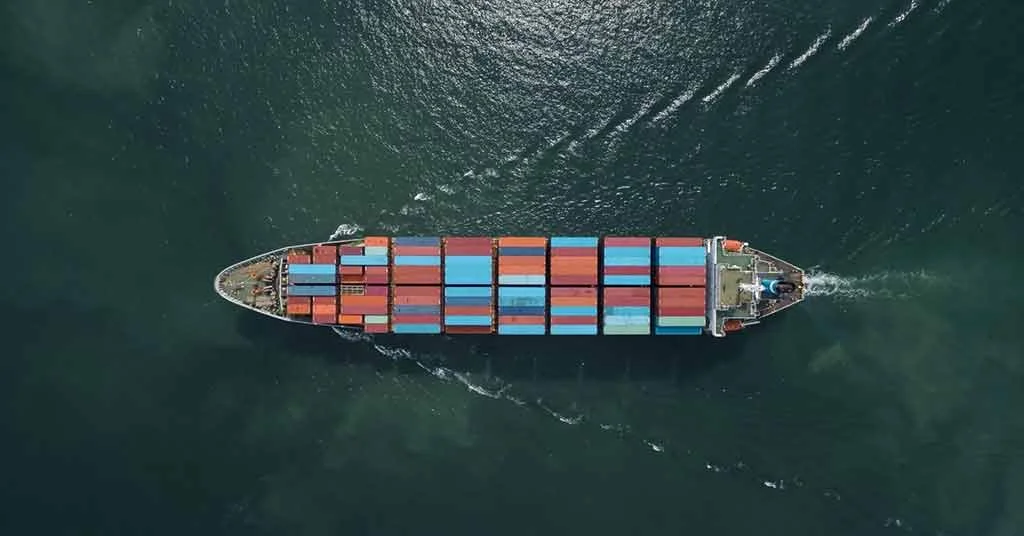Welcome To ChemAnalyst

In September, the volume of ultra low-sulfur diesel (ULSD) exports from Russia's Baltic Sea port of Primorsk is poised to experience a substantial decline, dropping by 29% on a daily basis compared to August. Specifically, the expected export volume for September stands at 1.08 million metric tons, compared to the 1.57 million metric tons for August. This significant reduction in diesel exports is attributed to a combination of factors, including planned seasonal maintenance activities at Russian refineries and robust domestic demand for diesel fuel.
One of the key factors contributing to the decline in diesel exports is the extensive maintenance work planned at Russia's refineries during this period. As part of their regular maintenance schedules, refineries often undergo maintenance activities that require temporary shutdowns or reduced production. These maintenance efforts are critical for ensuring the continued safe and efficient operation of the refineries but can result in reduced output during the maintenance period. In this case, the planned seasonal maintenance is impacting the production capacity of ultra low-sulfur diesel, leading to lower export volumes.
Additionally, strong domestic demand for diesel fuel within Russia is playing a significant role in the reduced export volumes. Diesel is a vital component of the country's energy landscape, used extensively for various purposes, including transportation, industrial processes, and agriculture. As a result, the domestic demand for diesel remains consistently high, especially during certain periods when economic activity and agricultural operations are at their peak. This elevated domestic demand places pressure on the available supply of diesel, making it more challenging for Russia to allocate a significant portion of its diesel production for export purposes.
Moreover, Russia's offline primary oil refining capacity is projected to increase substantially in September compared to August. Industry sources indicate that the offline refining capacity is expected to rise by 43% during September, reaching a total of 4.343 million metric tons. This increase in refining capacity is indicative of the industry's efforts to optimize production and meet domestic demand. It also underscores the importance of maintaining a balance between supplying the domestic market with essential fuels such as diesel and meeting export commitments.
Overall, the dynamics affecting Russia's ULSD exports in September reflect the complex interplay between planned maintenance activities, domestic demand, and the need to optimize refining capacity. While lower export volumes may pose challenges for international markets relying on Russian diesel, it underscores Russia's commitment to ensuring a stable and reliable supply of diesel fuel for its domestic needs.
We use cookies to deliver the best possible experience on our website. To learn more, visit our Privacy Policy. By continuing to use this site or by closing this box, you consent to our use of cookies. More info.
